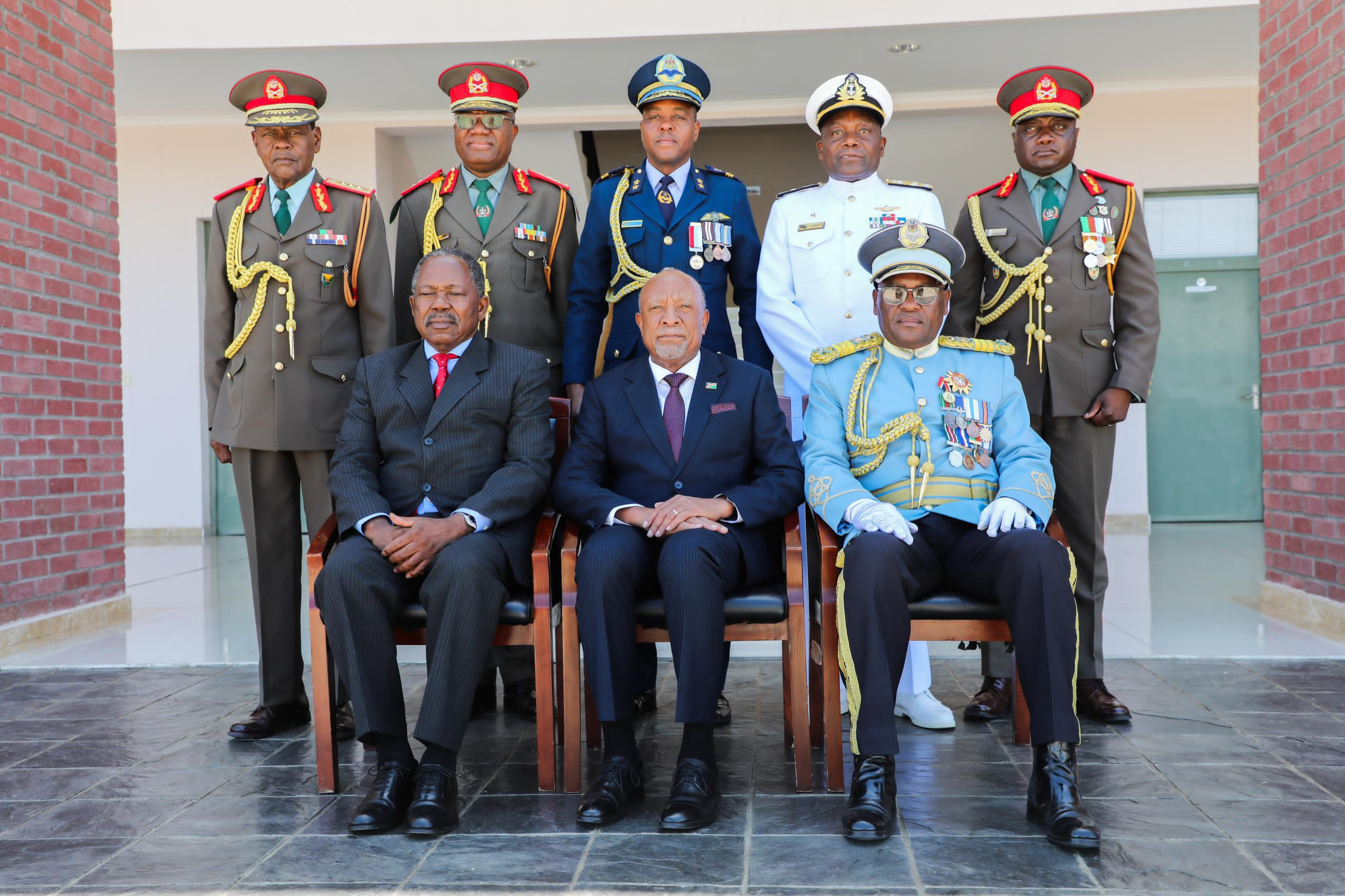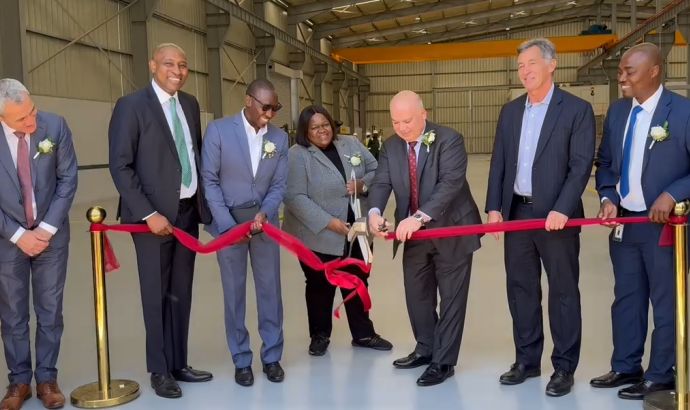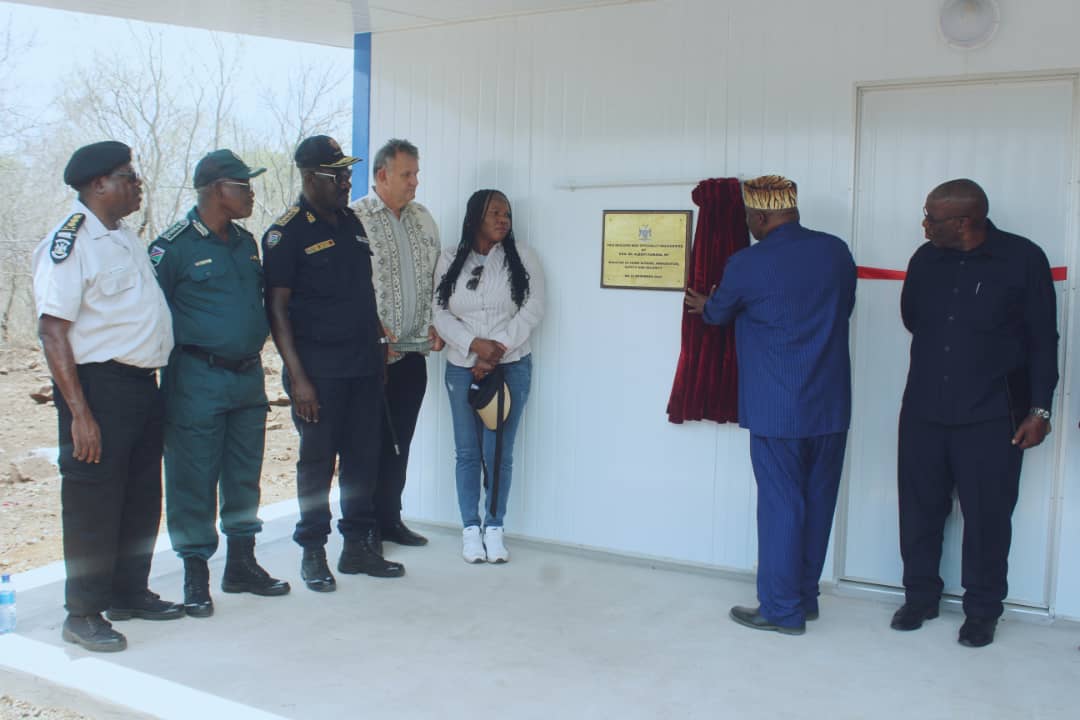Three Chinese companies appears to have inflated their prices for the construction of a NamWater water purification facility at Oshakati.
Jiangxi Construction Engineering Group initially submitted a bid of around N$1,1 billion last year, but made a U-turn this week, tendering for N$748 million on the same project.
This means the new bid is reduced by N$352 million.
Other entities who reduced their bids are China Gezhouba Group and China Jiangxi International, which asked for N$1,1 billion last year. The entity now wants to construct the same facility for N$729 million. This is a reduction of about N$370 million.
China Gezhouba Group initially tendered for N$956 million, however, in its new bid, it wants to do the job for N$703 million.

While the three have reduced their prices, two other Chinese companies that tendered to construct the facility, slightly increased their prices by N$64 million and N$22 million. These are JiangXi Zhongmei JV Hunan Bestall and China Harbour Engineering, respectively.
Seven Chinese companies and one South African company Stefanutti Stocks Construction Namibia participated in the bid. Stefanutti Stocks bid for N$1,7 billion, while Kato Investment has asked for N$911 million. Kato Investment appears to be a Ugandan company.
The Namibian reported in February that the tender was awarded to Shaanxi Construction Engineering Group, which submitted a bid of around N$790 million.
Agriculture, water and land reform minister Calle Schlettwein told The Namibian yesterday the tender was previously awarded, but subsequently cancelled.

“It was cancelled before, because it was not properly handled. There were some irregularities,” Schlettwein said before he referred The Namibian to NamWater’s chief executive Abraham Nehemia.
The 50 000 cubic metre water purification plant is being financed with funding from the African Development Bank (AfDB) for the Namibia Water Sector Support programme.
In 2022, Schlettwein said the planned expansion will complement the existing plant, which can treat 40 000 cubic metres of water from the Calueque Dam in southern Angola via the 150-kilometre Calueque-Oshakati canal.
“This is because the Oshakati treatment plant can no longer satisfy demand due to population growth and other factors, hence the need to refurbish and enlarge it,” Schlettwein said at the time.
The Namibian was unable to get hold of Nehemia at the time of going to print.
The Oshakati water treatment plant provides potable water to urban and rural areas in the Oshana, Ohangwena and Oshikoto regions.
The Namibian reported last year that Namibian companies criticised NamWater for requiring bidders for water infrastructure projects to have N$160 million in cash.
At the time, the Construction Industry Federation and the Namibia Local Business Association asked NamWater to cancel the N$2 billion tenders advertised mid-last year.
Several Namibian contractors have criticised the water parastatal for what they term restrictive tender requirements. They say this would automatically rule them out of participating, even as subcontractors, in the company’s water infrastructure development drive.
Some contractors say NamWater have made the selection and bid evaluation criteria inaccessible to Namibians.
They flagged at least three projects in this regard: The Rundu Purification Plant Extension, Oshakati Purification Plant and the Ohangwena II Wellfield Supply Scheme.
TOUGH RULES
According to the rules, entities must demonstrate that they have had five years’ audited financial statements, or balance sheets acceptable to NamWater, demonstrating a current sound financial position and indicating bidders’ long-term profitability.
Bidders are further required to have a minimum average annual construction turnover of US$38 million (N$740 million) calculated as total payments received for contracts in progress or completed within the last five years, divided by five years.
Bidders must also prove construction experience either as a prime contractor, subcontractor or joint venture member or management contractor for the last 15 years starting 1 January 2008.
They are also required to have been involved in the satisfactory completion of two similar projects between 1 January 2010 and the bid submission deadline date.
The two contracts completed must each have been worth US$27 million (N$526 million).
The two contracts completed must additionally have had a capacity of no less than 25 million litres of water. Other requirements stipulate that bidders must not have a history of court or arbitral award decisions against the bidder since 1 January 2018.
Stay informed with The Namibian – your source for credible journalism. Get in-depth reporting and opinions for
only N$85 a month. Invest in journalism, invest in democracy –
Subscribe Now!






